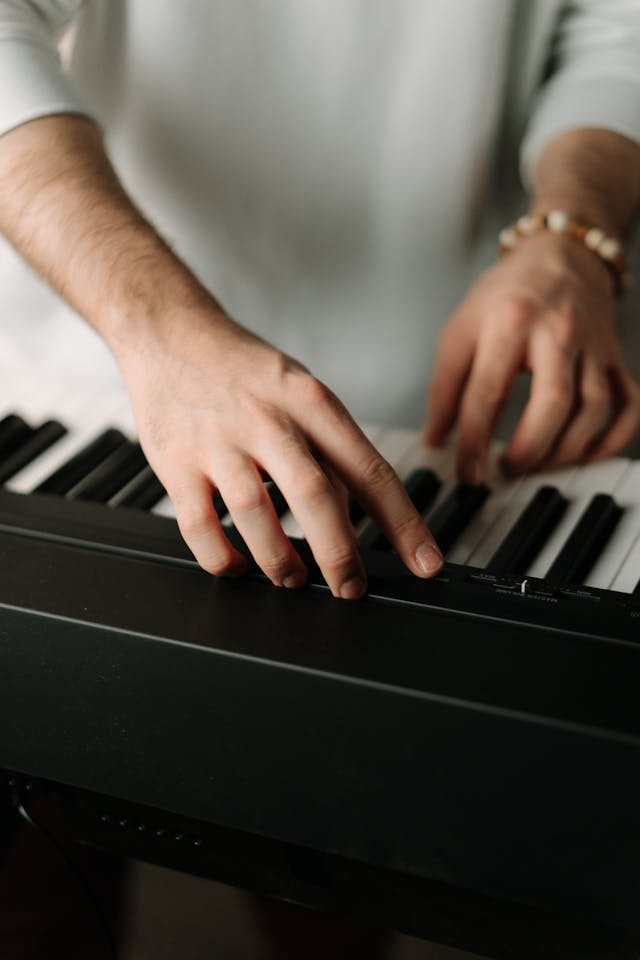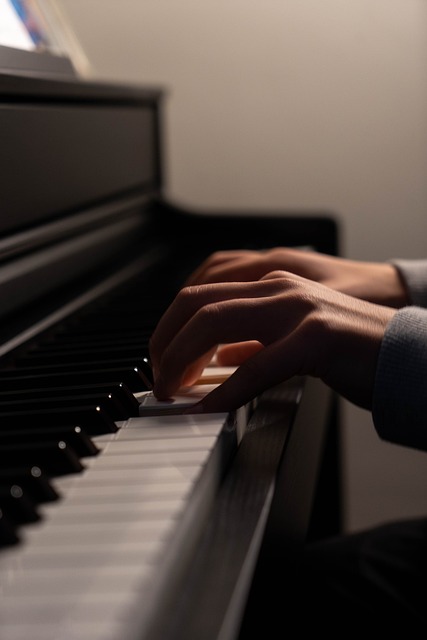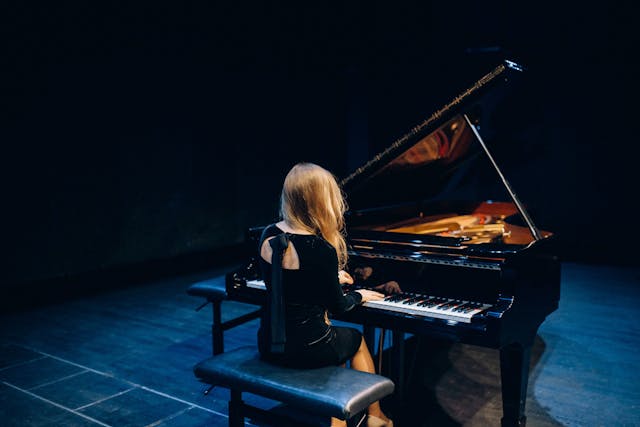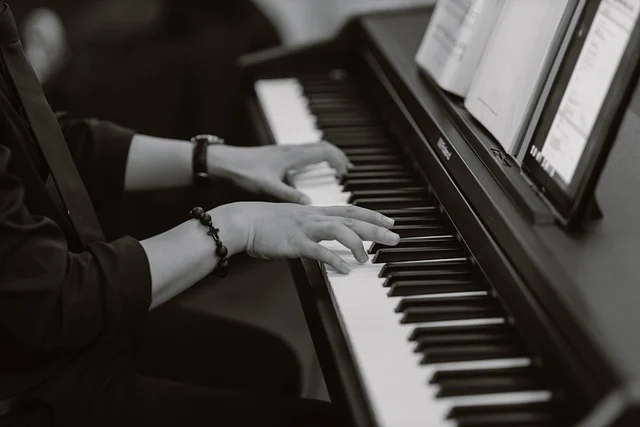Singing and Piano: The intersection of singing and piano playing can be likened to a harmonious dialogue between two of the most expressive forms of musical art. For singers, acquiring piano skills isn’t just an additional talent; it’s a strategic enhancement of their musical arsenal. This comprehensive guide explores the multifaceted benefits of learning to play the piano for singers, the synergies between these two disciplines, and how they enrich each other.
Fundamental Music Theory Understanding
a. Building a Musical Foundation
The piano provides a clear and visual layout of scales, chords, and intervals. For singers, this visibility simplifies complex music theories, making it easier to understand key signatures, chord progressions, and harmonic structures. Learning piano empowers singers to grasp the building blocks of music, leading to stronger musicality and a deeper understanding of the compositions they perform.


b. Enhancing Musical Literacy
Playing the piano requires reading musical notation, which in turn bolsters a singer’s ability to read and interpret scores independently. This skill is invaluable, especially when learning new pieces or collaborating with other musicians, as it allows for a quicker and more accurate interpretation of music.
Improved Pitch Accuracy and Rhythmic Precision
a. Mastering Pitch Control
Piano playing sharpens a singer’s ear. It aids in distinguishing subtle pitch variations, thus improving intonation and pitch accuracy during performances. This is crucial for singers, as even slight pitch inaccuracies can be glaring in solo performances or ensemble settings.
b. Rhythmic Training
The rhythmic precision required in piano playing translates directly to singing. By learning to play complex rhythmic patterns on the piano, singers can enhance their own timing and synchronization skills, which are essential for maintaining rhythm and tempo consistency without external cues.
Enhanced Practice and Rehearsal Efficiency
a. Self-Accompaniment
One of the most practical benefits of playing the piano is the ability to accompany oneself. This skill allows singers to practice independently without relying on other accompanists, making it easier to schedule and manage practice sessions. It also provides immediate feedback on their performance, enabling real-time adjustments.

b. Better Rehearsal Outcomes
When singers can play the piano, rehearsals become more productive. They can quickly demonstrate musical ideas, explore different interpretations of a piece, and communicate more effectively with other musicians and conductors.
Expanded Repertoire and Versatility
a. Access to a Broader Range of Music
Piano skills open up a wider array of musical genres for singers. Many songs that might not be accessible through voice alone become playable and singable, thus expanding a singer’s repertoire and versatility in performance settings.
b. Collaborative Opportunities
Skilled pianist-singers are highly sought after for their versatility and ability to engage in diverse musical collaborations. They can easily transition between roles, enhancing their marketability and opportunities in the music industry.
Emotional Expression and Connection
a. Deepening Emotional Impact
The piano’s dynamic range—from delicate pianissimo to powerful fortissimo—mirrors the emotional spectrum that singers must convey in their performances. By understanding how to evoke emotions through piano keys, singers can enhance their emotional expressiveness in their vocal performances as well.
b. Building a Connection with Audiences
The combination of singing and playing piano can create a more intimate performance setting, drawing audiences closer into the emotional and storytelling aspects of the music. This dual display of talent often results in a more engaged and responsive audience.
Conclusion
The integration of piano skills not only enhances a singer’s technical abilities but also deepens their artistic expression, broadens their opportunities, and solidifies their understanding of music. For aspiring and professional singers alike, mastering the piano is not merely an additional skill—it is a crucial component that complements and elevates their singing career.
